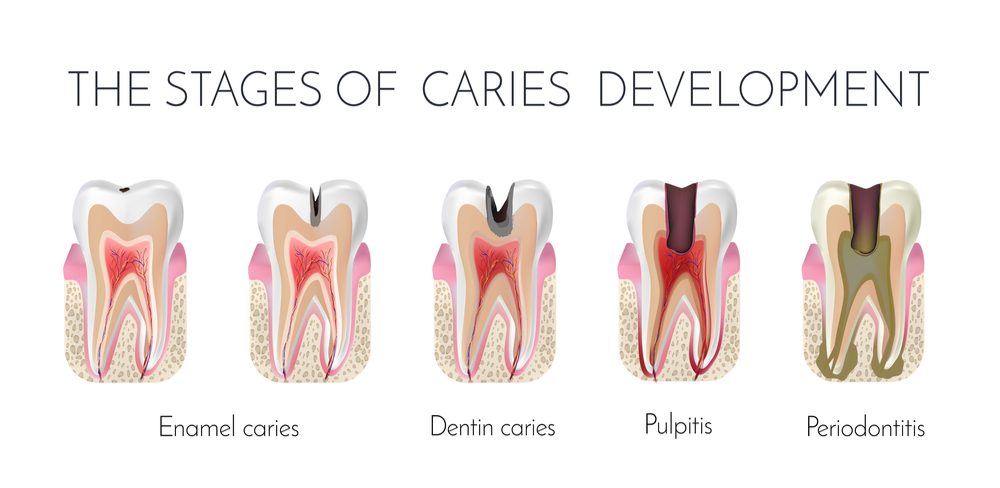What You Need To Know About Tooth Decay
Tooth decay is a prevalent issue that affects many individuals, but with the right knowledge and care, it can be prevented and treated effectively. At Prosper and Smile Dental Care, we believe in empowering our patients with comprehensive information to tackle dental health issues head-on. Here’s everything you need to know about tooth decay: its causes, symptoms, and the treatment options available to you.

What Causes Tooth Decay?
Tooth decay, also known as dental caries or cavities, occurs when the enamel (the hard, outer layer of your teeth) is damaged. This process begins when foods containing carbohydrates (sugars and starches) are left on the teeth. Bacteria that live in the mouth digest these foods, turning them into acids. The bacteria, acid, food debris, and saliva combine to form plaque, which clings to the teeth. The acids in plaque dissolve the enamel, creating cavities.
Key factors contributing to tooth decay include:
- Poor oral hygiene: Not brushing or flossing regularly allows plaque to form and damage the enamel.
- Diet: Frequent snacking and sipping sugary drinks contribute to the formation of plaque.
- Fluoride deficiency: Fluoride helps prevent tooth decay by making teeth more resistant to acid attacks from plaque bacteria and sugars in the mouth.
Symptoms of Tooth Decay
The signs and symptoms of tooth decay vary depending on their extent and location. When decay is not extensive, it may be symptomless. However, as it progresses, it can cause:
- Toothache: spontaneous pain or pain that occurs without any apparent cause.
- Tooth sensitivity: tenderness or pain when eating or drinking something hot, cold, sweet, or very acidic.
- Visible holes or pits in your teeth.
- Brown, black, or white staining on any surface of a tooth.
- Pain when you bite down.
Treatment Options for Tooth Decay
The treatment of tooth decay depends on its severity. At Prosper and Smile Dental Care, we offer a range of solutions tailored to each patient’s needs:
- Fluoride treatments: If decay is caught early, fluoride treatment may help restore your tooth’s enamel and can sometimes reverse a cavity in the very early stages.
- Fillings: Also known as restorations, fillings are the primary treatment option when decay has progressed beyond the earliest stage.
- Crowns: For more severe decay or weakened teeth, a crown, or cap, is placed on the entire damaged tooth to restore its shape, size, strength, and appearance.
- Root canals: Needed when decay reaches the inner material of your tooth (pulp). A root canal procedure removes the damaged nerve and pulp, cleans the inside of the tooth, and seals it to protect against further damage.
- Tooth extractions: Sometimes, a tooth is so severely decayed that it must be removed. Removing the tooth can prevent the spread of decay to adjacent teeth and the rest of your mouth.
Preventing Tooth Decay
Prevention is always better than cure, and at Prosper and Smile Dental Care, we emphasize the importance of:
- Maintaining good oral hygiene by brushing twice a day, flossing daily, and using mouthwash.
- Eating a balanced diet and limiting sugary snacks and drinks.
- Regular dental check-ups and cleanings to remove plaque build-up and detect any early signs of decay.
Your Friendly Prosper TX Dentist
At Prosper and Smile Dental Care, we’re committed to guiding you through preventing and treating tooth decay. We believe that with the right care and attention, everyone can achieve and maintain a healthy smile. If you’re experiencing any symptoms of tooth decay or just need a routine check-up, we’re here to help. Contact us today to schedule your appointment and take the first step towards a healthier smile.
